THE SCRIBNER ANTHOLOGY OF CONTEMPORARY SHORT FICTION
.jpg)
.jpg)
SHERMAN ALEXIE
This Is What It Means to Say Phoenix, Arizona
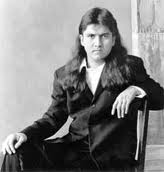
SHERMAN ALEXIE (1966-) is a Spokane/Coeur dAlene Indian from the Spokane Indian reservation in Wellpinit, Washington. Alexies several books of poetry include The Business ofFancy dancing, Old Shirts & New Skins, First Indian on the Moon, and The Summer of Black Widows. Alexies novels include Indian Killer and Reservation Blues, which won him the Before Columbus Foundations American Book Award. He earned a 1994 Lila WallaceReaders Digest Writers Award, was a citation winner for the PEN/Hemingway Award for the Best First Book of Fiction, and was named one of Granta's Best of the Young American Novelists. His collection of short stories, The Lone Ranger and Tonto Fistfight in Heaven, served as the basis for the film Smoke Signals, which premiered at the 1988 Sundance Film Festival, where it won the Audience Award and Filmmakers Trophy.

Just after Victor lost his job at the Bureau of Indian Affairs, he also found out that his father had died of a heart attack in Phoenix, Arizona. Victor hadnt seen his father in a few years, had only talked to him on the telephone once or twice, but there still was a genetic pain, which was as real and immediate as a broken bone. Victor didnt have any money. Who does have money on a reservation, except the cigarette and fireworks salespeople? His father had a savings account waiting to be claimed, but Victor needed to find a way to get from Spokane to Phoenix. Victors mother was just as poor as he was, and the rest of his family didnt have any use at all for him. So Victor called the tribal council.
Listen, Victor said. My father just died. I need some money to get to Phoenix to make arrangements.
Now, Victor, the council said, you know were having a difficult time financially.
But I thought the council had special funds set aside for stuff like this. Now, Victor, we do have some money available for the proper return of tribal members bodies. But I dont think we have enough to bring your father all the way back from Phoenix.
Well, Victor said. It aint going to cost all that much. He had to be cremated. Things were kind of ugly. He died of a heart attack in his trailer and nobody found him for a week. It was really hot, too. You get the picture. Now, Victor, were sorry for your loss and the circumstances. But we can really only afford to give you one hundred dollars.
Thats not even enough for a plane ticket.
Well, you might consider driving down to Phoenix.
I dont have a car. Besides, I was going to drive my fathers pickup back up here.
Now, Victor, the council said, were sure there is somebody who could drive you to Phoenix. Or could anybody lend you the rest of the money? You know there aint nobody around with that kind of money.
Well, were sorry, Victor, but thats the best we can do.
Victor accepted the tribal councils offer. What else could he do? So he signed the proper papers, picked up his check, and walked over to the Trading Post to cash it.
While Victor stood in line, he watched Thomas Builds-the-Fire standing near the magazine rack talking to himself. Like he always did. Thomas was a storyteller whom nobody wanted to listen to. Thats like being a dentist in a town where everybody has false teeth.
Victor and Thomas Builds-the-Fire were the same age, had grown up and played in the dirt together. Ever since Victor could remember, it was Thomas who had always had something to say.
Once, when they were seven years old, when Victors father still lived with the family, Thomas closed his eyes and told Victor this story: Your fathers heart is weak. He is afraid of his own family. Fie is afraid of you. Late at night, he sits in the dark. Watches the television until theres nothing but that white noise. Sometimes he feels like he wants to buy a motorcycle and ride away. He wants to run and hide. He doesnt want to be found.
Thomas Builds-the-Fire had known that Victors father was going to leave, known it before anyone. Now Victor stood in the Trading Post with a one-hundred-dollar check in his hand, wondering if Thomas knew that Victors father was dead, if he knew what was going to happen next.
Just then, Thomas looked at Victor, smiled, and walked over to him. Victor, Im sorry about your father, Thomas said.
How did you know about it? Victor asked.
I heard it on the wind. I heard it from the birds. I felt it in the sunlight. Also, your mother was just in here crying.
Oh, Victor said and looked around the Trading Post. All the other Indians stared, surprised that Victor was even talking to Thomas. Nobody talked to Thomas anymore because he told the same damn stories over and over again. Victor was embarrassed, but he thought that Thomas might be able to help him. Victor felt a sudden need for tradition.
I can lend you the money you need, Thomas said suddenly. But you have to take me with you.
I cant take your money, Victor said. I mean, I havent hardly talked to you in years. Were not really friends anymore.
I didnt say we were friends. I said you had to take me with you.
Let me think about it.
Victor went home with his one hundred dollars and sat at the kitchen table. He held his head in his hands and thought about Thomas Builds-the-Fire, remembered little details, tears and scars, the bicycle they shared for a summer, so many stories.

Thomas Builds-the-Fire sat on the bicycle, waiting in Victors yard. He was ten years old and skinny. His hair was dirty because it was the Fourth of July. Victor, Thomas yelled. Hurry up. Were going to miss the fireworks. After a few minutes, Victor ran out of his familys house, vaulted over the porch railing, and landed gracefully on the sidewalk.
Thomas gave him the bike and they headed for the fireworks. It was nearly dark and the fireworks were about to start.
You know, Thomas said, its strange how us Indians celebrate the Fourth of July. It aint like it was our independence everybody was fighting for. You think about things too much, Victor said. Its just supposed to be fun. Maybe Junior will be there.
Which Junior? Everybody on this reservation is named Junior.
The fireworks were small, hardly more than a few bottle rockets and a fountain. But it was enough for two Indian boys. Years later, they would need much more.
Afterward, sitting in the dark, fighting off mosquitoes, Victor turned to Thomas Builds-the-Fire.
Hey, Victor said. Tell me a story.
Thomas closed his eyes and told this story: There were these two Indian boys who wanted to be warriors. But it was too late to be warriors in the old way. All the horses were gone. So the two Indian boys stole a car and drove to the city. They parked the stolen car in the front of the police station and then hitchhiked back home to the reservation. When they got back, all their friends cheered and their parents eyes shone with pride. You were very brave, everybody said to the two Indian boys. Very brave.
Next page
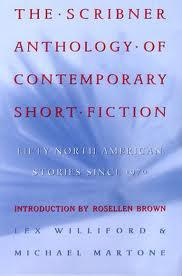
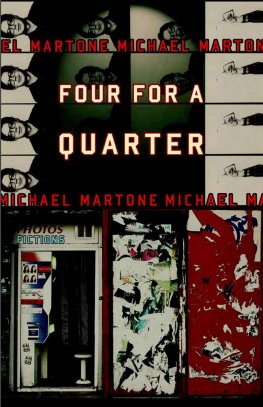
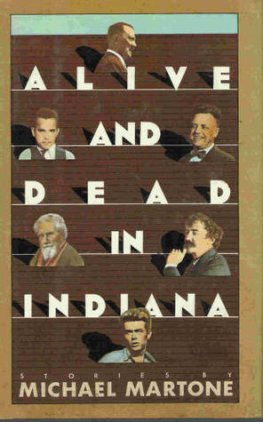

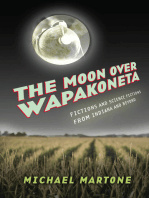
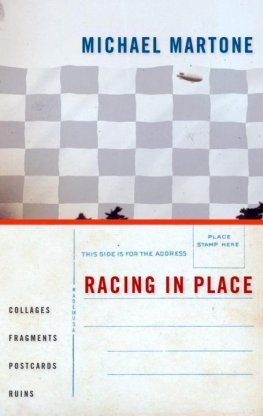

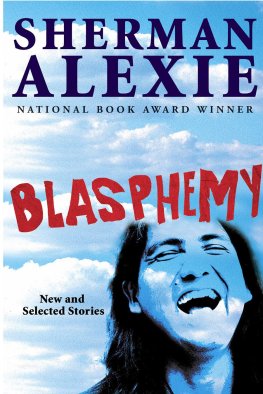
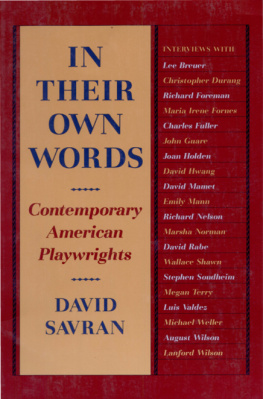
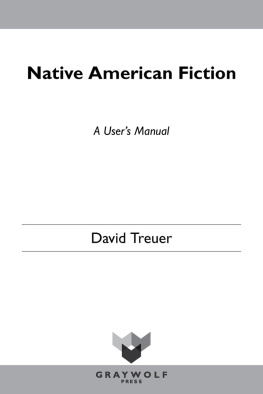
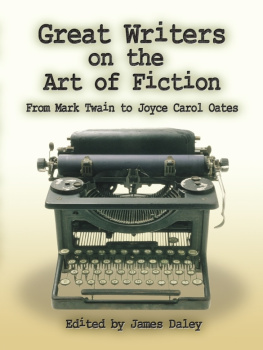
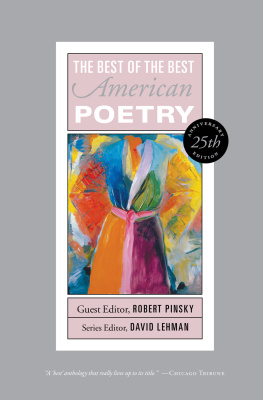


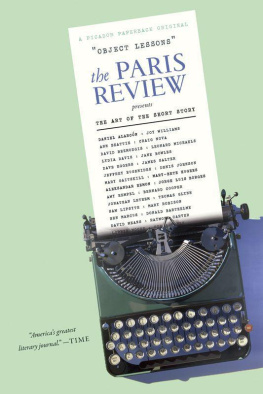
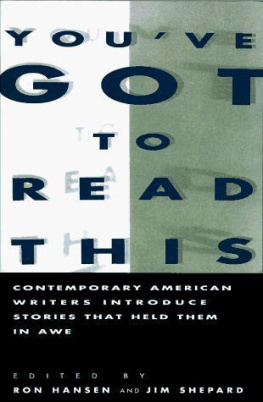
.jpg)
.jpg)


